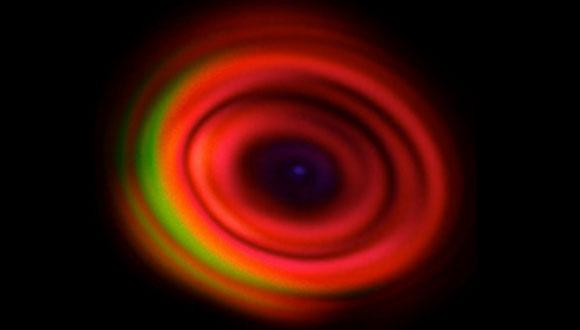LMI Seminar: A New Type of Heat Engine, Using LED’s as Refrigerators
Eli Yablonovitch, Electrical Engineering and Computer Sciences Dept., University of California, Berkeley
Abstract:
Very efficient light emitting diodes (LED's), surprisingly, do actually become cold as they operate, since LED light carries away entropy. This cooling requires superb LED efficiency.
Of course, we now know that the photovoltaic cell and the LED are really the reciprocal of one another. The slogan: "A great solar cell has to be a great LED" has led to all the new solar cell efficiency records.
What if the electrical output of a photovoltaic cell drives an LED, and the LED light in turn drives the photovoltaic cell? You might fear that it would become a perpetual motion machine. Instead it becomes a heat engine in which a small amount electricity can efficiently provide refrigeration, or conversely a small temperature difference can generate electricity. Such an electro-luminescent heat engine, in which photons are the working fluid, can be more efficient than the competing science, thermo-electrics, in which electrons are the working fluid.


